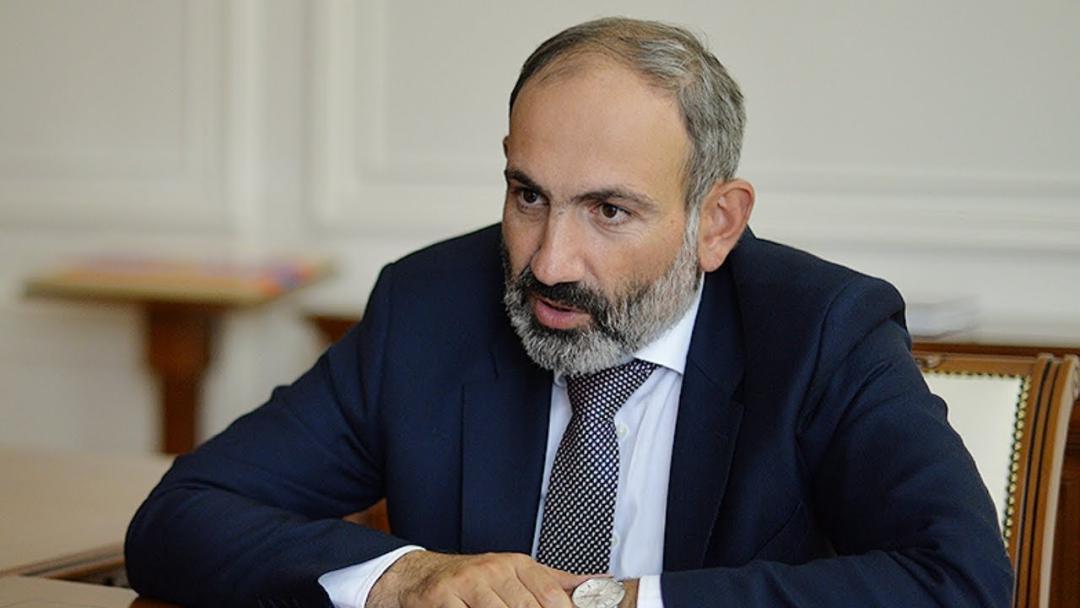
Armenian PM Discusses Legal Aspects of Peace Agreement with Azerbaijan

On September 24, Armenian Prime Minister Nikol Pashinyan met with Alain Berset, the Secretary General of the Council of Europe.
During the meeting, Prime Minister Pashinyan highlighted the significance of cooperating with the Council of Europe in implementing democratic reforms in Armenia. He emphasized that the development of democracy is a strategic priority for the Armenian Government, which will continue to take steps toward this goal.
Alain Berset reaffirmed the Council of Europe's readiness to deepen cooperation with Armenia to support the effective execution of institutional reforms. The two also discussed ongoing and future cooperation projects.
Prime Minister Pashinyan addressed the ongoing discussions surrounding the peace treaty with Azerbaijan. He reiterated Armenia's commitment to the peace agenda and expressed the country's readiness to sign the treaty based on the agreed-upon articles while continuing further discussions.
Pashinyan also commented on Azerbaijan's claim that no agreement can contradict its Constitution. He noted that, according to Article 5, Clause 3 of Armenia’s Constitution, international agreements ratified by Armenia have greater legal force than national legislation. In other words, a ratified international agreement supersedes Armenian law. He also mentioned that although Azerbaijan’s Constitution includes territorial claims against Armenia, the Armenian side does not consider this a negotiation topic. This is because the agreed text of the peace treaty includes a provision stating that neither party can invoke domestic legislation as a reason for not implementing the provisions of the international agreement.
See Also


Simonyan: “Armenia Should Trade with Turkey and Azerbaijan Instead of Closing Borders”

Mirzoyan Meets US Deputy Assistant Secretary Joshua Huck

Azerbaijani President Holds Talks with UAE and German Business Delegations on Economic Cooperation

Grigoryan Confirms Armenia’s Readiness to Dissolve OSCE Minsk Group Upon Peace Treaty Signing

